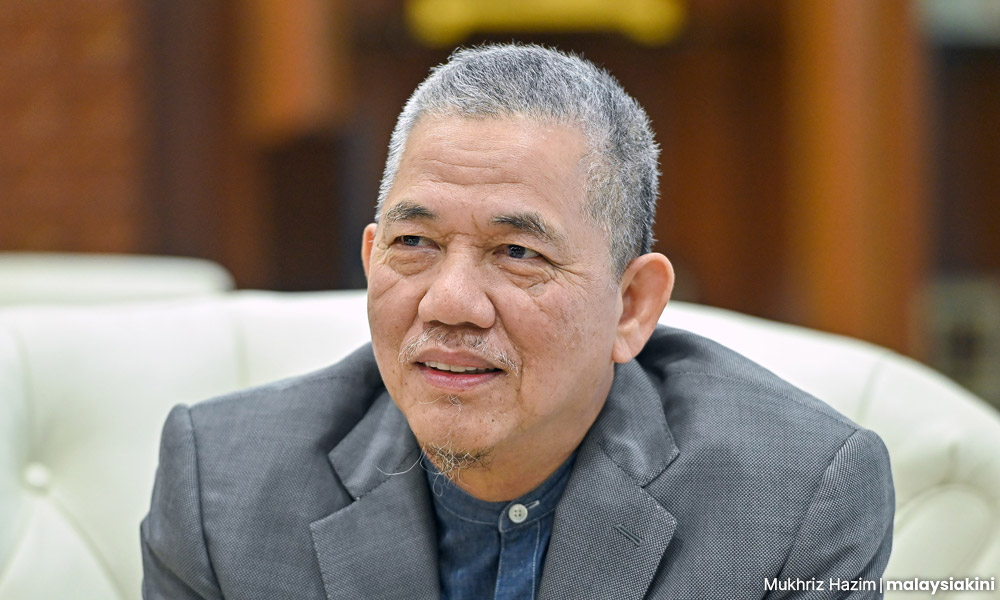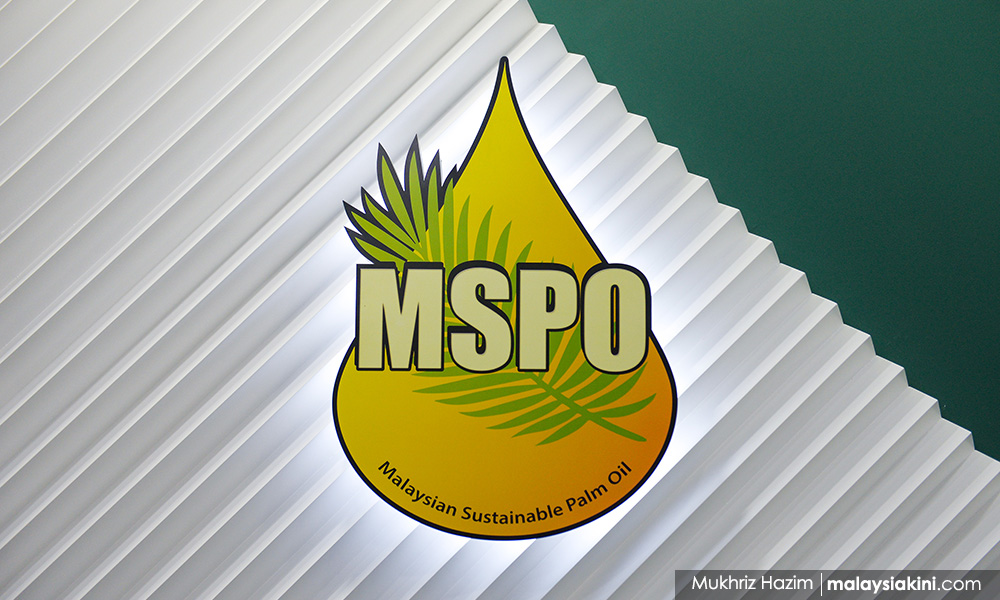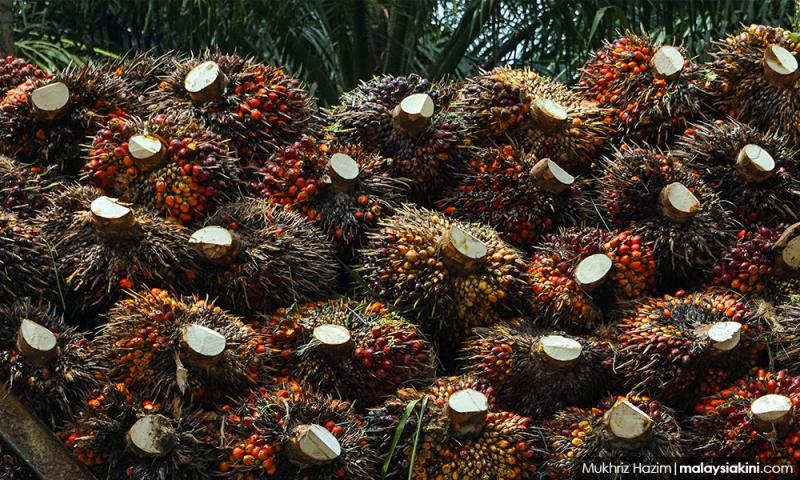LETTER | UK MSPO certification demonstrates Malaysian palm oil credibility
LETTER | The oil palm fruit is an unassuming thing.
It comes in a deep red-orange hue, about the size of a rubber seed, and while rubber comes with much less controversy, the oil palm is a small fruit with a significant impact.
This commodity earned Malaysia RM137.89 billion last year in exports and is five percent of the country’s economy, but with high profits comes serious environmental charges against palm oil.
Years of protests by environmentalists have led to the landmark deforestation law passed by the European Parliament in April banning imports of commodities into the EU linked to the destruction of forests - EU Deforestation Regulation (EUDR).
This move has sent the two largest producers of palm oil, Malaysia and Indonesia, on their feet, but how adversely does this new law affect palm oil, plantation owners?
The EUDR demands that products entering the EU cannot be related to produce grown on land deforested after 2020.
According to Global Forest Watch, an online monitoring tool for forests showed that 83 percent of palm oil refining capacity in Malaysia and Indonesia are now operating on the no deforestation, no peatlands and no exploitation commitments.
The site also showed that deforestation in Malaysia has been slowing down.
However, Brazil was the biggest loser for deforestation in 2022 with the expansion of soy and cattle farming.
Nonetheless, local palm oil stakeholders are still apprehensive, and deputy prime minister Fadillah Yusof has been working hard to ease their concerns.

Since the EUDR was passed, Fadillah visited the UK to lobby for recognition of the Malaysian Sustainable Palm Oil (MSPO) certification in the due diligence guidelines, ensuring sustainable commodities entering the country.
He also negotiated to eliminate tariffs on Malaysian palm oil from 12 percent to zero upon United Kingdom’s entry into the Comprehensive and Progressive Agreement for Trans-Pacific Partnership.
He also met with the European Commission Directorate General for Environment director-general Florika Fink-Hooijer on June 28 to review the enforcement of the EUDR and other issues related to the palm oil industry.
The recognition of the MSPO certification by the UK is crucial as it demonstrates the credibility of Malaysian palm oil.
This certification benefits small plantation owners in several ways, not merely producing more “sustainable” palm oil.
Such certifications allow small plantation owners access to premium markets, which can improve their profitability by a significant margin.

The MSPO, which has the same objectives as the better-known Roundtable of Sustainable Palm Oil (RSPO), offers cheaper participation for small plantation owners.
And as such can cover 96 percent of the local palm oil industry compared to the RSPO, whose certification is better suited for corporate entities.
Prime Minister Anwar Ibrahim, too, has discussed this matter at length with Indonesia.
Citing “one voice” in defending palm oil production, Indonesian President Joko Widodo and Anwar expressed their commitment to protecting the interest of small industry players during Jokowi’s visit to Malaysia earlier this month.
Such an effort from the unity government should be recognised and supported by all stakeholders in the palm oil industry.
Sustainability recipe
With palm oil being ubiquitous in about half the shelves of supermarket items, the EUDR will mandate companies importing goods into Europe to produce “green origin” proofs.
Big and small firms will face the enormous task of producing this due diligence statement of a sustainable supply chain system.
Major industries buy from processors and traders instead of plantation owners.
Ideally, plantations can be certified as sustainable, and the oil produced can be shipped separately, but the cost to segregate supply on a large scale would be exorbitant.
Like hydroelectric dams that supply the national grids, the electricity company can only show how much renewable energy was sourced before it gets mixed in with the rest.
Therefore, sustainable palm oil can be sold at a premium price, but it would be difficult to maintain within the commodity market because sustainable and unsustainable palm oil is identical.
This is why Fadillah and Indonesia’s Economic Affairs Coordinating Minister, Dr Airlangga Hartarto, at a meeting in Brussels, Belgium, called on the EU to engage with palm oil-producing countries in implementing the new regulations.

Noting that sustainability is the way forward, Fadillah also forewarned that the EU will be implementing more green regulations.
This includes the proposed Corporate Sustainability Due Diligence Directive, Regulation Prohibiting Products Made with Forced Labour and the Green Claims Directive as part of the EU’s renewable energy target by 2030.
How palm oil stakeholders approach this tricky problem will set precedence for other agricultural producers.
CHRISTINE YP is a former journalist working on development programmes.
The views expressed here are those of the author/contributor and do not necessarily represent the views of Malaysiakini.
RM12.50 / month
- Unlimited access to award-winning journalism
- Comment and share your opinions on all our articles
- Gift interesting stories to your friends
- Tax deductable
